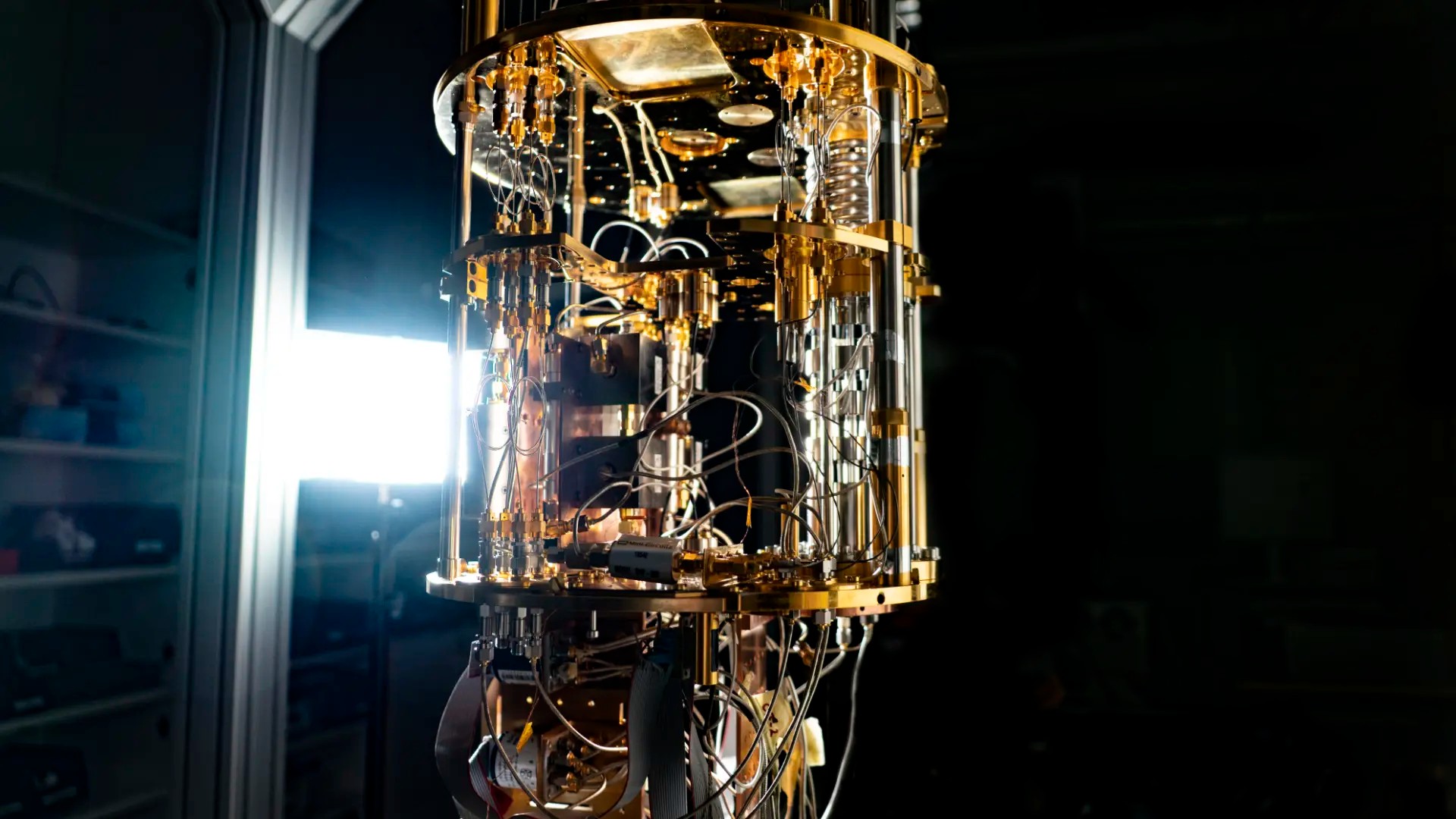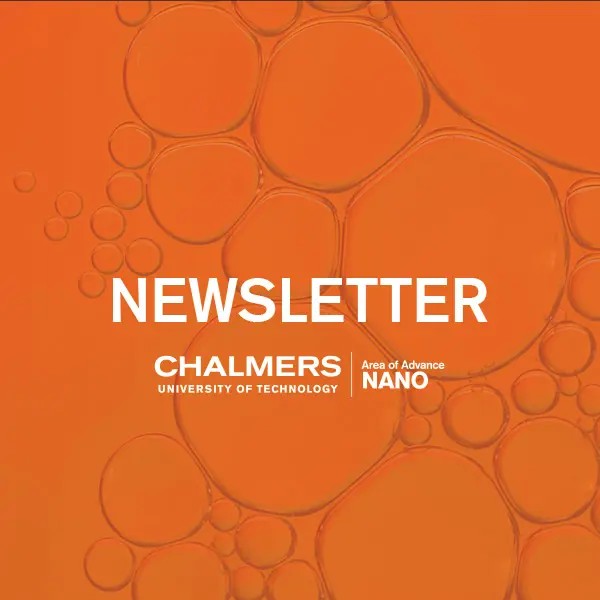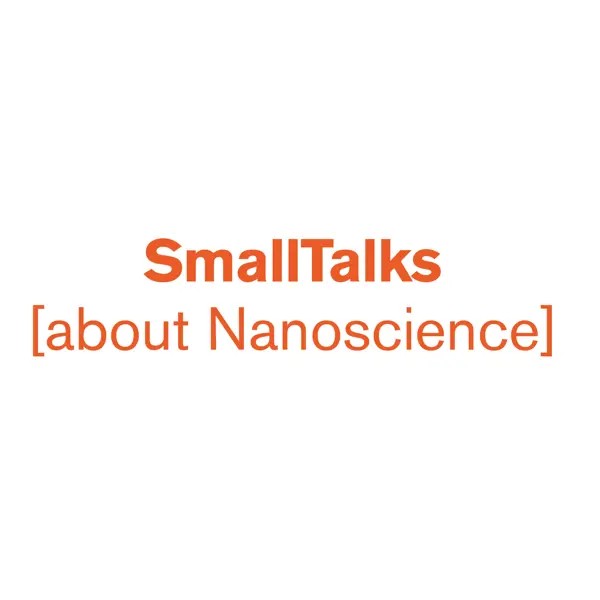In focus of Nano and Quantum Science and Technology
Chalmers' overarching research areas in Nano and Quantum Science and Technology

Quantum Technology
There is an urge for novel technologies that require powerful computers and very sensitive measurements for their development and implementation.
Chalmers is building Sweden’s first quantum computer, along with the theoretical development of quantum algorithms and their implementation for massive simulations. Additional research efforts encompass emerging quantum materials for quantum technologies, quantum sensing, and quantum optics with focus on strong-coupling phenomena.

Nano for Health
Long-standing challenges in the health sector are the development of sensitive and fast diagnostic tools and continuous development and invention of therapeutics.
We have diverse activities, such as in the RNA-based therapeutics and vaccines area, which is about to lead to a paradigm shift in pharma-industry and we contribute to new inventions in bioimaging techniques, in drug release and in functionalization of implants and bio-active materials, based on the analysis of bio-chemical compositions and by developing biomolecular toolboxes.

Nano for Energy and Sustainability
Fully renewable, sustainable energy and energy storage are among the most important global societal challenges for a sustainable future.
We have diverse activities in catalysis research relating to fuel efficiency, synthetic and solar fuels, as well as fuel cells. We also research solar energy technologies, such as solar cells, thermoelectric materials, batteries, hydrogen sensors and innovative molecular technologies for energy storage.

Nano for Information and Communication Technology
Devices with higher-speed, increased density and lower energy consumption are moving targets within ICT.
We address these areas in our research, and we also explore devices and materials that can offer increased functionality, involving for example novel 2D quantum materials, membrane-based devices, spintronics and nanophotonics.

Nano and Quantum Materials
Multifunctional materials that are environmentally safe and can be produced in a scalable and cost-efficient manner are paramount for a wide range of technologies.
Our researchers develop and employ theoretical modelling, synthesis, nanofabrication, and high-resolution materials characterization techniques. We thereby engage in advancing the understanding and functionality of nanomaterials and the ability to engineer them.

Subscribe to the information letter!
Take part in news and updates regarding the research of Nano and Quantum Science and Technology.

Subscribe to the mail list!
Take part of the SmallTalks seminar series and events.








